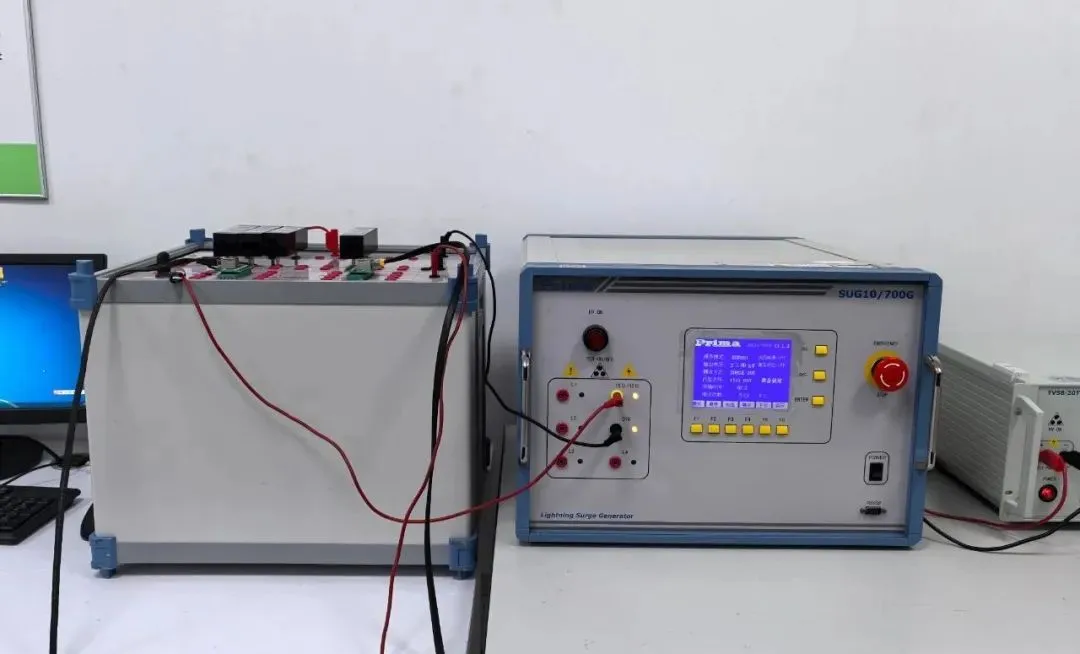
What is PCPA Certification in Canada?
Recently, many pest control equipment products exported to Canada have been requiRED to provide PCPA (Pest Control Products Act) registration certification. Many customers are not well-informed about this and, despite extensive inquiries, have not been able to fULly grasp it. This article will provide a detailed introduction to PCPA certification to help you better understand this certification process.
What is PCPA Certification?
PCPA, short for the Pest Control Products Act, is a regulation that was given Royal Assent on December 12, 2002, and came into effect on June 28, 2006. The PCPA is enforced by the Pest Management Regulatory Agency (PMRA) under Health Canada, and it primarily regulates pesticides and other pest control products within Canada.
According to Section 6(1) of the PCPA, any unregistered pest control product cannot be manufactured, possessed, handled, stored, transported, imported, distributed, or used. Furthermore, Section 6(3) stipulates that pest control products that are not packaged and labeled as required cannot be stored, imported, exported, or distributed.
What Products Require PCPA Certification?
PCPA certification applies to the following products:
- CheMICals: such as insecticides, snake repellents, mosquito repellent patches, mosquito repellent sprays, etc.
- Devices: such as ultrasonic rodent repellents, mosquito lamps, electronic mosquito repellents, etc.
- Disinfection devices: products without chemical active ingredients that kill or repel pests through physical means, such as UV mosquito lamps, UV disinfectors, UV water purifiers, UV air filters, ozone disinfectors, water purifiers, ultrasonic pest repellents.
- Microorganisms: microbial agents used for pest control.
These products must be used directly or indirectly to control, prevent, destroy, mitigate, attract, or repel any harmful organisms.
Which Products Require PCPA Certification, and What is the Application Process?
1. Pre-registration:
- Complete and submit the PCPA pre-registration application form and provide relevant product information.
- The official response regarding whether the product falls within the PCPA registration scope will be given within 4-6 weeks. If it is within scope, proceed with formal registration; if not, only ic certification is required.
2. Formal Registration:
- Submit the required documents for formal registration, including labels, application forms, related letters, product data, and relevant certifications (e.g., CSA/UL, CE/fcc/IC).
- The official review of the documents takes at least 80 days.
- Upon completion of the registration, an official registration number will be provided, and the product and manufacturer information can be found on the official website.
3. Validity Period and Renewal:
- The registration is valid for 5 years. The renewal application must be submitted by December 31 of the fifth year, and upon approval, the registration can be extended for another 5 years.
PCPA Registration Timeline
- Pre-registration period: 4-6 weeks
- Formal registration period: at least 80 days
As a professional third-party institution, China JJR Laboratory can provide PCPA certification services for customers, ensuring that your products are smoothly exported to Canada and comply with local regulatory requirements. If you have any questions about PCPA certification or need further consultation, please contact us. We will provide you with comprehensive support and services.
Email:hello@jjrlab.com
Write your message here and send it to us
 What is the EN 61326-2-3 Standard?
What is the EN 61326-2-3 Standard?
 Why Do Smart Sockets Need IEC 60884 Certification?
Why Do Smart Sockets Need IEC 60884 Certification?
 Why Retest the Device if the 5G Module Already Has
Why Retest the Device if the 5G Module Already Has
 Overview of IEC 62087 Test Standard
Overview of IEC 62087 Test Standard
 CISPR 25 Test Standard Compliance Guide
CISPR 25 Test Standard Compliance Guide
 IEC/UL/CSA 62368-1 Electrical Distance Testing
IEC/UL/CSA 62368-1 Electrical Distance Testing
 Canada Wireless Device IC Certification RSS-210 Te
Canada Wireless Device IC Certification RSS-210 Te
 FCC Part 15.231 for Wireless Remote Controls and S
FCC Part 15.231 for Wireless Remote Controls and S
Leave us a message
24-hour online customer service at any time to respond, so that you worry!




